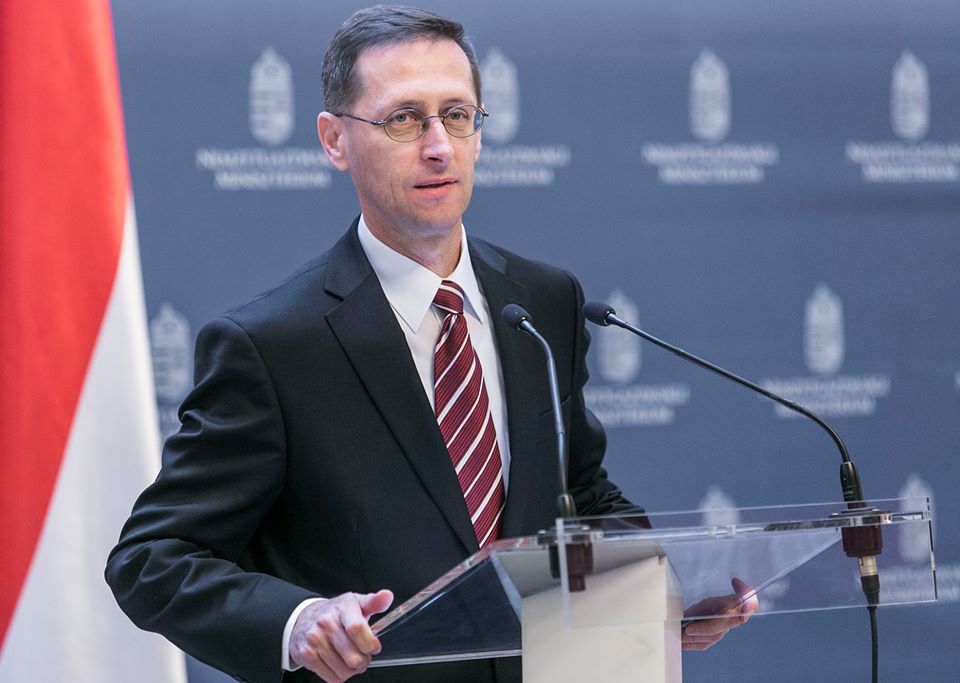By Georges Károlyi, Ambassador of Hungary to the French Republic.
Le Monde dated July 19 devotes its editorial to Poland. I obviously have no standing to express myself on this country, but I cannot help feeling real embarrassment towards the logic developed by the author – which is not new – on the organization of public authorities within a democratic environment.
Montesquieu is indeed the father of the principle of the separation of powers. In his days, when power was fully embodied by a monarch of divine right, to break up this power into executive, legislative and judicial branches was indeed a revolutionary step, which did not take a turn today and which is the basis of the democratic organization of our societies.
But it is clear that this separation of powers is understood in the institutional sense. Montesquieu never wished that the various powers would be politically opposed so that their “separation” is proven. If this had been the case, the ultimate separation of powers would be cohabitation, which is obviously absurd.
Yet this is what the editorial writer of le Monde seems to suggest, by attacking the countries – today Poland, perhaps tomorrow Hungary, France or others – where these different powers are embodied by the same political force, in which he believes he sees a grave danger. This is not surprising or abnormal. Excepting the judiciary, whose representatives are not generally elected, the executive and legislative powers, which derive directly or indirectly from popular suffrage, are most often politically on the same side. This is particularly true in France where the constitutional system we have in recent months even expressly wishes to be so. Would such a regime be ‘incompatible with membership of the European Union’? Come on!
The democratic organization of public authorities is nothing other than the legitimization of the power of the majority for a given period, in a perspective of alternation. Therefore, any decision of the majority of the moment is legitimate, including – of course – the appointment of representatives to the judiciary. Since they are not being elected, it is necessary that someone names them. It is also necessary to provide for the appointment of the officials of the high administration and of the major bodies of the State. Despite the author’s displeasure, a democratically elected government is perfectly allowed to name “those who please it”. The opposite would be absurd. The opposition will wait, and it will do the same when it’ll become a majority. That is democracy. Is the separation of powers threatened? Of course not. The powers are always separated, except that they are politically on the same side. This is not a problem. The “counter-powers” do not cease to exist because they are not in the hands of the political opposition. Let us not make Montesquieu say what he never meant. Let’s face it, the concerns of the editorialist of le Monde are purely political – which is his right – but we must not hide a political position behind an institutional indignation. It will not be possible to make anyone believe that the best democracy is the one where the opposition governs.
Before Montesquieu, La Fontaine had already nailed it: he who wants to drown his dog accuses it of having rabies.
Georges Károlyi
Published on the facebook page of the Embassy of Hungary in Paris




